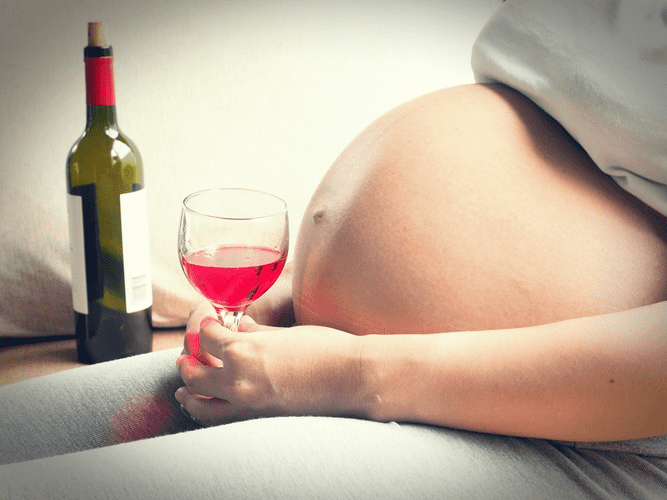Maybe you don’t think you depend on alcohol exactly, but you still wonder whether you might be drinking too much. Though you may not have experienced any legal problems resulting from your drinking, you may have had some close calls. Legal consequences often affect future opportunities such as employment, admittance to academic programs, or studying abroad. This can be especially important if you experience withdrawal symptoms upon trying to quit, says Stewart. “There are multiple ways to manage alcohol use in social settings to include learning and implementing harm reduction strategies, moderation management, and using refusal skills.
If you’re trying to take a break from drinking, try these 6 strategies – Capital Public Radio News
If you’re trying to take a break from drinking, try these 6 strategies.
Posted: Sat, 31 Dec 2022 08:00:00 GMT [source]
Even after an hour of cooking, about 25 percent is left, and 10 percent remains after two hours. The alcohol retained in a given dish depends on the amount and type of alcohol, the cooking method, the container used and whether the https://ecosoberhouse.com/ dish is covered or open. Alcohol does partially evaporate during cooking, but not as much as you might think. Depending on the cooking method and how much alcohol is used, anywhere from 4 to 85 percent of the alcohol may remain.
When someone asks, “How’d you sleep?”
Your hormones control most of your major bodily functions, which means when a substance is affecting your hormones, you’ll probably notice. Even moderate alcohol consumption has been shown to disrupt your hormone balance, most notably increasing estrogen and decreasing progesterone . And chronic exposure can cause an increased release of stress hormones , so your attempt to “unwind” at night actually causes you more stress the next day.
- If you add in costs of drinking in social settings at restaurants, bars, and clubs, the amount might be more.
- Another review of 27 studies found that while alcohol may help people fall asleep more quickly and deeply at first, it seriously screws with sleep quality after that initial restful period.
- So I think the very first step here is to simply assess your relationship with alcohol.
- NIAAA’s Rethinking Drinking can help you assess your drinking habits and provides information to help you cut back or stop drinking.
However, keep in mind that these programs are aimed at social drinkers. Dependent drinkers may experience withdrawal symptoms when they suddenly stop drinking, which can be dangerous if not monitored. So if you think you might be dependent on alcohol seek advice from a GP first. Think about why you are making changes to your drinking – to lose weight, feel healthier, save money, sleep better, or prevent that Sunday morning hangover. For drinkers who have become alcohol dependent, taking a short break is likely not an option.
Need Help for an Alcohol Problem?
In our alcohol-centric society, it sometimes feels uncomfortable when everyone around you is drinking and your own hands are empty. Choose a healthier alternative like sparkling water, soft drink or a mocktail. You might taking a break from alcohol hear psychologists refer to something called the “rule violation effect”. This is when you’re working hard to not drink, but one day give in and have a glass of wine or two, then give up on your goals altogether.
- If you’ve decided to take a break from drinking alcohol, you’re not alone.
- During fall I can bear the cold weather because it is not completely freezing, it’s cool– there’s a difference.
- I don’t want others to feel pressured to drink when they’re around me.
After 30 days of not drinking alcohol, your liver may start to repair itself, your risk of cancer and heart disease decrease, and your sleep could improve. Many people, from occasional drinkers to daily drinkers, are exploring the benefits that come from giving up alcohol. Millions of people get started during the Dry January challenge each year. People give up alcohol use for the month to welcome the new year with a focus on improving their health and life. Drinking within the low risk drinking guidelines and having several drink-free days each week can help keep health risks from the effects of alcohol low.
Keep alcohol out of your home.
Some who have given up booze altogether join “sober sometimes” friends to enjoy nonalcoholic drinks at Sans Bar in Austin, Texas. Exploring, in writing, what you find difficult and when you most want to drink can help you notice patterns that offer more insight into your alcohol use. Comparing the emotions that come up when you have a drink with the feelings you experience when abstaining also helps you recognize when drinking doesn’t fix the problems you’re trying to manage. Say you don’t have any cravings when you go without drinking. All the same, “a quick drink” often turns into three or four drinks. When you’re having a good time, you find it hard to stop, especially in the company of friends having the same amount.

Deja un comentario